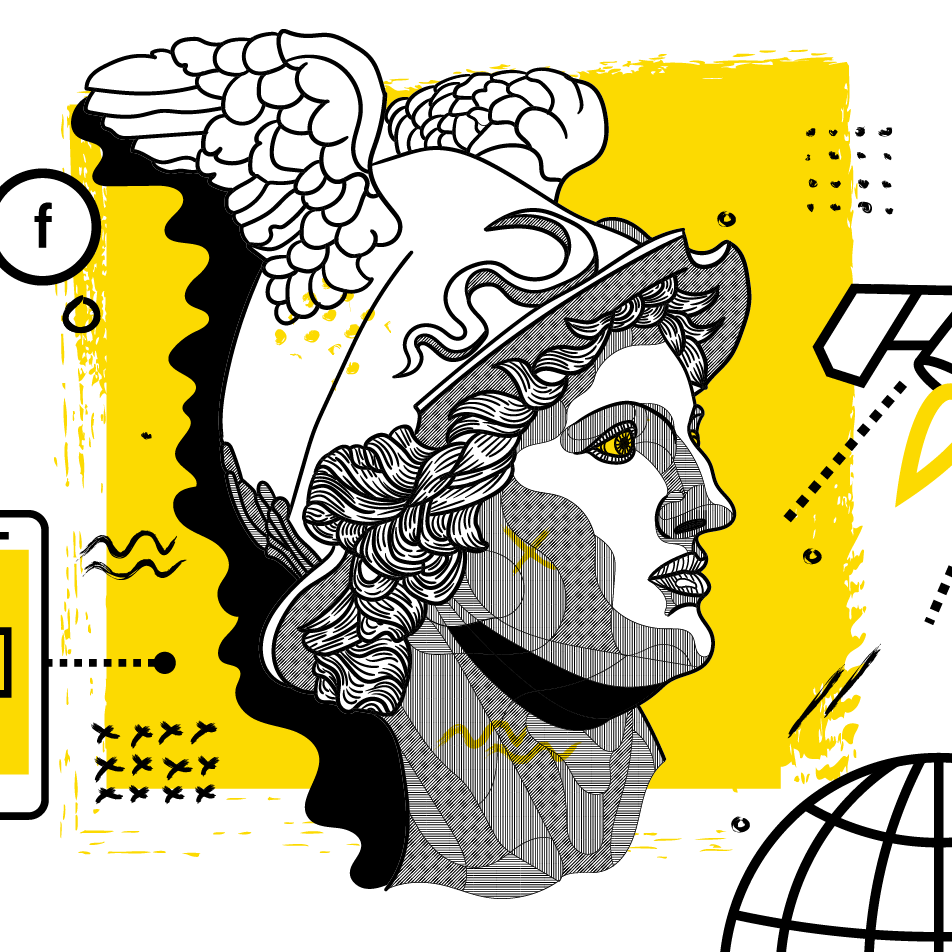We grow by sharing our experience, knowledge and expertise/

CRM 101: Everything You Need to Know in Under 5 Minutes
CRM, Customer Relationship Management, is the system that businesses use to keep in close understanding and support with their customers.
Just like holistic doctors look at the body, mind, and spirit to treat and heal their patients, businesses gather information through a CRM system to get a holistic, bird’s eye view of their customers – habits, likes and dislikes, sales history, personal information – in order to better understand and ultimately provide a personalized customer experience to their customers.
The Role of CRM
So, let’s talk about the role of a CRM system within a business.
CRM systems offer dynamic tools that reach as far as customer support, customer insight, marketing automation, business intelligence, and loyalty schemes to ensure your business team knows exactly where your company’s customer information lies and what actionable information, they can extract from it.
Centralized Data
Every department within your business, including marketing professionals, sales professionals, and customer service representatives, needs access to customer information equally. CRM systems make it easy for each aspect of your business to use customer data to their advantage.
Whether on a support call with a customer or sending an email, each department in your company will know exactly where to extract the pertinent customer information. On most CRM systems, it is as easy as pulling up a browser and typing in a first and last name. From there you can access emails, phone numbers, sales history, etc. to better equip your company to make quick decisions.
Customer Support
There is nothing like an unsatisfied customer to turn a sour relationship into a severed one. Don’t let this happen to your business!
CRM systems offer ways to integrate a workflow to handle customer support, track satisfaction rates, gather feedback, and more. It could help you save your relationship with your customer by being better informed and ready to provide solutions, in a world where the competition for attention and loyalty is severe.
Customer Insight
Open a world where you can see exactly what your customer is buying, their purchase frequency, average revenue per purchase and their purchase habits.
Glimpse the power of your email marketing campaigns, advertisements, and click-through rates. See the effects of your content and marketing material and how they lead your customers—loyal and new—to browse, purchase, and purchase again.
Marketing Automation
To reduce the potential for human error, marketing automation comes in handy for organization and task streamlining.
Marketing automation focuses on marketing to an audience on different channels such as email, social media, and websites. The CRM software collects, organizes, and utilizes information about customer habits, purchases, and email click-through rates for easier customer engagement and higher lead generation.
Business Intelligence
If you want to stay on top of your business, business intelligence is the way to go. Stay aware of business growth, business projections, and make decisions quickly through the translation of raw data.
Loyalty Schemes
For customers who stay loyal to your business, CRM software will help you provide perks and reward systems to keep loyal customers wanting more content and products from your company.
How CRM Software Improves Customer Relationships
Within a business, relationships happen on several levels. Each level represents a different standing an individual or company has with your company. There are three main levels of business relationships:
Leads
Leads, interchangeable with the word prospects, are individuals or businesses who have heard about your company, products, or services. They may request information from you, but ultimately it is up to your company to qualify them and follow up on the potential for them to become a customer by gathering initial data and processing them in a centralized way through your CRM.
Current Relationship and Sales
Once a lead is qualified and makes a purchase, then they become a customer. It is up to your company and the tools within your CRM software to maintain the relationship. This is the "tailoring" part of the customer experience and one of the most vital parts in keeping your customers wanting more of your brand. Your CRM software is there to provide your teams with the information they need in order to drive additional revenues and improve customer satisfaction.
Long Term Customer Relation
Once a customer makes multiple purchases from your company, they are loyal customers. However, it is just as important to nurture these relationships along with your leads and current customers. Using CRM software to recognize, reward and nurture your most loyal and profitable customers is mandatory for retaining them and encourage future purchases.
Overall Customer Experience
Whether a new customer or long-term customer, you will find that CRM improves overall customer experience. The more a business knows about a customer, the better they can serve them across all the customer touchpoints and in every stage of a customer's relationship with a company.
Tailoring your customer experiences through CRM gives your company a leg up on customer loyalty. Investing the resources and time into developing a CRM system for your business is a surefire way to exchange personalization for loyalty and words of praise.




